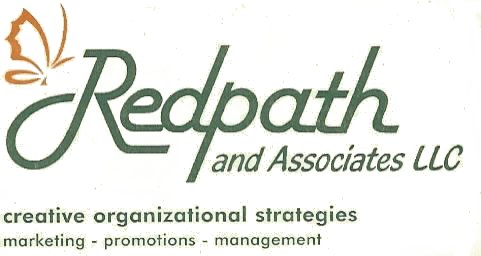Sticks and Stones May Break My Bones
At least when I was growing up, if another child would say something hurtful we would exclaim heatedly, “Sticks and stones may break by bones, but names will never hurt me.” The words that the attacker threw at us usually did hurt, but we would try to take the opponent’s power away by claiming they didn’t. In reality, words can hurt only if we allow them to.
Sometimes we inadvertently let words have more destructive power than they should; even those that we speak or think ourselves. Words are symbols for ideas. So they can convey some pretty powerful messages, positive or negative. As Earl Nightingale, motivational writer and speaker is often quoted as saying, “You become what you think about.” Since we are the ones speaking, thinking, or reacting to words, we have a great amount of choice. But we need to exercise it. If we surround ourselves with negative messages, or we allow negative thoughts to run free, they will keep us from being everything that God intends for us.
We begin Lent with the Ash Wednesday invitation to keep a holy Lent. That invitation includes self-examination and repentance, prayer, and reading and meditating on God’s Holy Word. We are encouraged to direct our thoughts towards God our creator and Christ our savior. That whole encouragement is just a few words, and it sounds simple enough. But we are greatly challenged in doing it.
Our culture encourages us to be rugged individualists, adventurers charting new territory. That is the American way. At the same time, we are bombarded with thousands of media messages a day setting the standards for being individualists. We are led to believe that we can measure up if we just own the right things and do what the commercials and programs would have us do. Allowing God to break in is a challenge that takes intentional effort.
A recent daily lectionary reading from Deuteronomy contained the warning “Do not say to yourself, “My power and the might of my own hand have gotten me this wealth.” But remember the LORD your God, for it is he who gives you power to get wealth.” (Deut 8:17-18) That is where not engaging in self-examination and repentance, prayer, and reading and meditating on God’s holy Word can lead us. It is a desolate destination.
It is frequently repeated that stewardship is everything that we do after we say “I believe.” Stewardship is not a matter of money. Stewardship is how we manage, how we care for, everything that God in his gracious love provides us. That suggests, then, that keeping a holy Lent is a matter of good stewardship. We are encouraged to take time to examine and improve our life in Christ.
In addition to self-examination and repentance, prayer, and reading and meditating on God’s Holy Word consider this discipline. Reviewing our Baptismal Covenant, found on page 304 of the Book of Common Prayer, is a wonderful guide to self-examination and redirection of our lives. At least once a week during Lent, look at the five areas of action that we vow to follow, with God’s help, and think about how you are doing and how you can do better. Or, turn the five questions and responses into affirmations to repeat daily:
I continue in the apostle’s teaching and fellowship, in the breaking of bread, and in the prayers.
I persevere in resisting evil, and, whenever I fall into sin, repent and return to the Lord.
I proclaim by word and example the Good News of God in Christ.
I seek and serve Christ in all persons, loving my neighbor as myself.
I strive for justice and peace among all people and respect the dignity of every human being.
Lofty goals to reach towards, but we can with God’s help.

